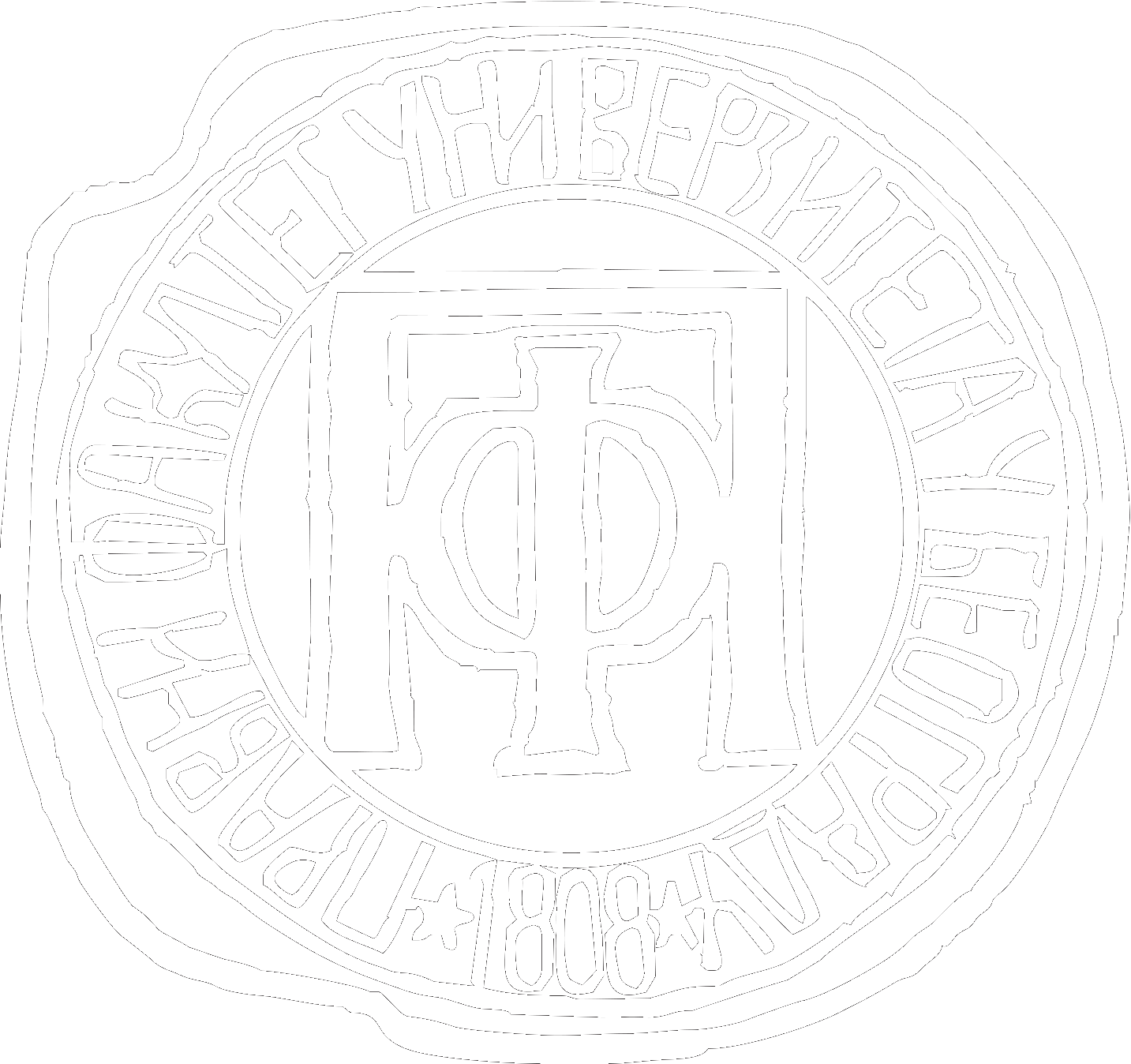Age limit for the ability to be guilty in criminal law
Keywords:
criminal law; age limit; guilt; criminal responsibility; juveniles; childrenAbstract
In his article the author uses the expression „age limit for the ability to be guilty“ (that is the most important part of the title of the article too), although usually criminal law terminology in the area of juvenile justice system (especially in English translation), is „minimum age for criminal responsibility“. This is because of the general notion and normative explanation of the crime, i.e. criminal offence, defined in the Criminal Code of Serbia (Article 14) and because of the expression and notion „criminal responsibility“ which does not exist any more in new Serbian Criminal Code from 2006. A criminal offense is an action or failure to act that the law defined as a criminal act, unlawful and committed with premeditation or out of negligence. A criminal offense shall not exist if unlawfulness or guilt has been excluded, although there are all major features of a criminal offense defined by the law. Because it is not possible to found a guilty of a person who at the time of commission of the criminal offence has attained fourteen years of age and has not attained eighteen years of age, in formal sense the act of that person is not a criminal act, i.e. it is not a criminal offence. With regard to juveniles being considered a group of persons with special needs, whose mental and physical health development requires special protection and care, including the appropriate legal protection, the Law (Code) on Juvenile Criminal Offenders and Criminal Protection of Juveniles was passed in the National Assembly of the Republic of Serbia on 29 September 2005, which regulates completely the criminal legal position of juveniles in Serbia for the first time, by means of a separate law. This area had been regulated by special parts of the substantive, procedural and enforcement legislation before. Unlike the Criminal Code and the Criminal Procedure Code, the Law on Juveniles represents lex specialis. A juvenile is a person who at the time of commission of the criminal offence has attained fourteen years of age and has not attained eighteen years of age. A younger juvenile is a person who at the time of commission of the criminal offence has attained fourteen and is under sixteen years of age. An elder juvenile is a person who at the time of commission of the criminal offence has attained sixteen and is under eighteen years of age. A young adult is a person who at the time of commission of the criminal offence has attained eighteen but has not reached twenty one years of age at the time of the trial, and who meets other conditions set forth by Law on Juveniles. In accordance with the Art. 2 of the Serbian Code on Juvenile Criminal Offenders and Criminal Protection of Juveniles, neither criminal sanctions nor other measures provided under the criminal legislation may be pronounced or applied to a person under fourteen years of age at the time of commission of an unlawful act provided under law as a criminal offence. These persons are considered as children’s and they are essentially defined as absolute inappropriate to be guilty, because opposite can not be established, i.e. it is absolute impossible that these persons can be the subject of criminal procedure (to be defendant). The person who was under fourteen years of age at the time of commission of an unlawful act provided under law as a criminal offence, is not in the same category like the perpetrators who was not able to understand the significance of his act or was not able to control his actions, due to a mental illness, mental retardation or other severe mental disorder (mental incapacity) and who shall not be considered guilty. In the other words, it is special type of absolute and objective criminal irresponsibility of the children’s, i.e. of the persons under fourteen years of age at the time of commission of an unlawful act provided under law as a criminal offence.
Downloads
References
Bačić, F. 1998. Kazneno pravo – Opći dio, 5th revised and expanded edition. Informator, Zagreb.
Čejović, B. 1985. Krivično pravo u sudskoj praksi: Prva knjiga Opšti deo. Beograd.
Dünkel, F. 2007. "Juvenile Justice Systems in Europe – Current Situation, Reform Developments, and Good Practices." Presented at the International Conference organized by the Department of Criminology, University of Greifswald, May 21–24.
Grupa autora (Ed. N. Srzentić). 1986. Komentar Krivičnog zakona SFRJ. Beograd.
Hirjan, F., and Singer, M. 1978. Maloljetnici u krivičnom pravu. Zagreb.
Horvatić, Ž., and Novoselec, P. 1999. Kazneno pravo – Opći dio. Zagreb.
Lazin, Đ. 1995. Posebni i pomoćni krivični postupci. Beograd.
Perić, O. 2005. Komentar Zakona o maloletnim učiniocima krivičnih dela i krivičnopravnoj zaštiti maloletnika. Beograd.
Stojanović, Z. 2002. Krivično pravo – opšti deo, 5th revised and expanded edition. Službeni glasnik, Beograd.
Stojanović, Z. 2006. Komentar krivičnog zakonika. Službeni glasnik, Beograd.
Stojanović, Z. 2008. Krivično pravo. CID, Podgorica.
Škulić, M., and Stevanović, I. 1999. Maloletni delinkventi u Srbiji – Neka pitanja materijalnog, procesnog i izvršnog prava. JCPD, Beograd.
Škulić, M. 2003. Maloletnici kao učinioci i kao žrtve krivičnih dela. Dosije, Beograd.
Škulić, M. 2009. Krivično procesno pravo. Pravni fakultet Univerziteta u Beogradu, Beograd.
Škulić, M. 2009a. Osnovne novine u krivičnom procesnom pravu Srbije – izmene i dopune Zakonika o krivičnom postupku i odredbe Zakona o međunarodnoj pravnoj pomoći u krivičnim stvarima. Pravni fakultet Univerziteta u Beogradu, Beograd.
Škulić, M. 2010. "Načelo zakonitosti u krivičnom pravu." Anali Pravnog fakulteta u Beogradu, no. 1/2010. Beograd.
Škulić, M. 2010a. "Kratki komentar osnovnih modifikacija krivičnog procesnog prava Srbije – izmene i dopune Zakonika o krivičnom postupku, odredbe Zakona o međunarodnoj pravnoj pomoći u krivičnim stvarima i odredbe Zakona o oduzimanju imovine proistekle iz krivičnog dela." Pravni portal, Smederevo.
Škulić, M. 2010b. "National Report – Serbia." In Dünkel, F., Grzywa, J., Horsfield, P., and Pruin, I. (Eds.), Juvenile Justice Systems in Europe – Current Situation and Reform Developments, Vol. 3. Forum Verlag Godesberg, Greifswald, Germany.
Valkova, H. 2010. Ernst-Moritz-Arndt-University of Greifswald, Department of Criminology – Juvenile Justice Systems in Europe, Reform Trends and the Development of Good Practices. Presented in Greifswald, Germany, October 13–16.
Vodopivec, K. 1955. "Naše mladinsko sodstvo." Pravnik, no. 7–9.
Vasiljević, T., and Grubač, M. 2005. Komentar Zakonika o krivičnom postupku. Službeni glasnik, Beograd.

Downloads
Published
How to Cite
Issue
Section
License
Copyright (c) 2010 Milan Škulić

This work is licensed under a Creative Commons Attribution 4.0 International License.
The authors retain copyright and grant the journal the right of first publication, allowing others to share the work with proper attribution to the authors and acknowledgment of its original publication in this journal.










